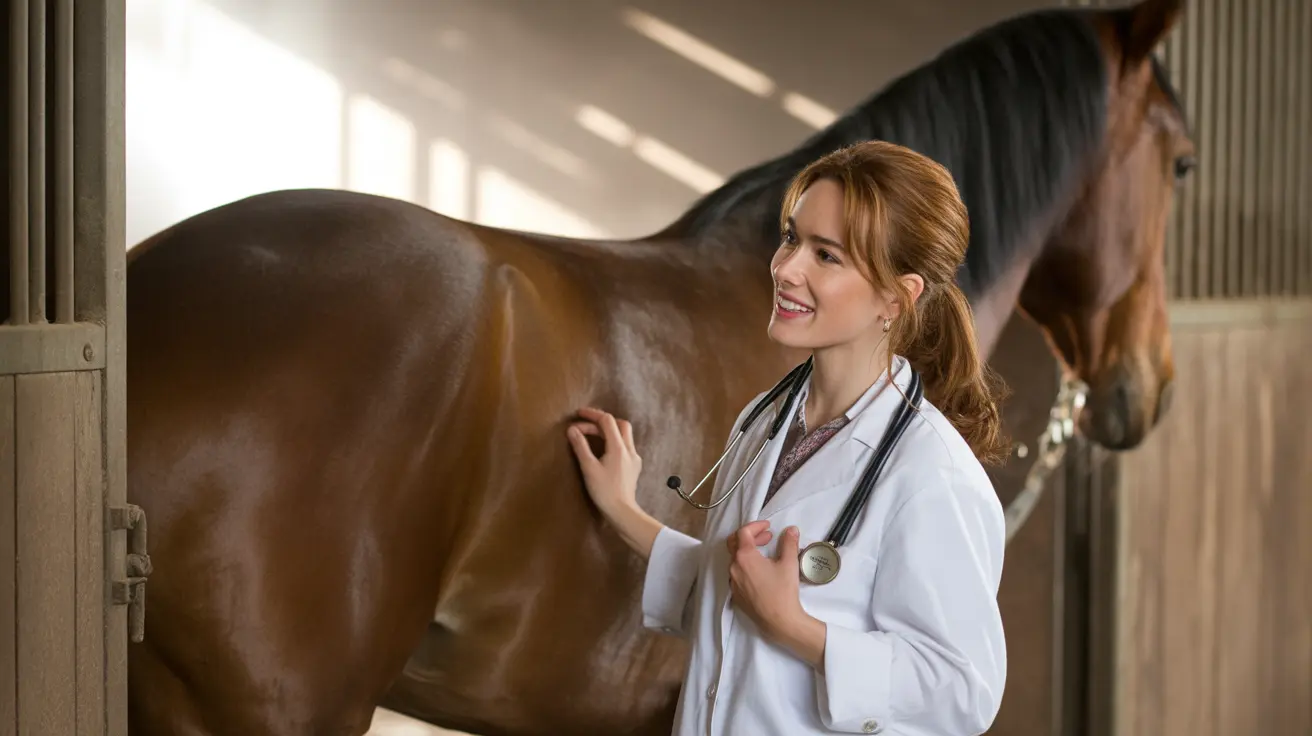Recognizing Norovirus Symptoms in Dogs: What Pet Owners Should Know
Norovirus is widely known for causing gastrointestinal illness in humans, but it can also affect dogs under certain circumstances. Though infections in dogs are relatively rare, understanding the signs and knowing how to respond can help ensure the health and comfort of your pet.
What Is Norovirus?
Norovirus is a highly contagious virus responsible for most cases of acute gastroenteritis in humans. It causes symptoms such as vomiting, diarrhea, and stomach pain. Norovirus is resilient; it can survive on surfaces, in water, and through food, and is mainly transmitted through contact with infected feces or vomit.
Though dogs have their own specific enteric viruses, research over the past decade has shown that dogs can sometimes become infected with human strains of norovirus. Instances of such infections typically occur after close contact with infected people.
Can Dogs Get Norovirus from Humans?
Yes, several studies have shown that dogs can contract human norovirus. While the virus replicates primarily in humans, dogs exposed to symptomatic humans have tested positive for norovirus RNA in feces. Notably:
- In Finland, canine feces from homes with symptomatic owners tested positive for human norovirus.
- In the U.K., about 13% of tested dogs had antibodies against human norovirus, indicating prior exposure or infection.
- A 2020 study in Thailand reported dogs developing symptoms shortly after children in the same home were diagnosed with norovirus.
Symptoms of Norovirus in Dogs
Infected dogs usually show mild and self-limiting gastrointestinal symptoms. These may include:
- Vomiting
- Diarrhea (often watery, not bloody)
- Reduced Appetite
- Lethargy
- Dehydration
- Abdominal discomfort
Most of these symptoms resolve on their own within a few days to a week. Puppies, senior dogs, or those with underlying health issues may be at greater risk for complications and require more attentive care.
How Is Norovirus Diagnosed in Dogs?
Veterinarians normally diagnose norovirus in dogs by ruling out other common canine gastrointestinal viruses, such as:
- Canine parvovirus
- Distemper virus
If necessary, fecal samples may be tested using
PCR (Polymerase Chain Reaction) techniques to detect norovirus RNA. Confirming norovirus infection can be challenging and is often based on a combination of clinical signs, history of exposure, and testing.
Treatment Options
There is no specific antiviral medication for norovirus. Treatment focuses on supportive measures such as:
- Maintaining hydration through oral, subcutaneous, or intravenous fluids
- Dietary management with bland foods like boiled chicken and rice
- Anti-nausea and anti-diarrheal medications, prescribed cautiously and only under veterinary supervision
Avoid giving over-the-counter medications unless advised by a veterinarian. Close monitoring is important to prevent complications like severe dehydration.
Preventing Transmission and Reinfection
Because norovirus is highly stable in the environment, thorough hygiene is essential to prevent human-to-dog transmission and vice versa. Here are recommended steps:
- Wash hands thoroughly after handling pet waste or cleaning up diarrhea
- Disinfect contaminated surfaces with appropriate cleaning agents
- Isolate symptomatic dogs until they recover
- Avoid contact with vomit or feces from infected animals or humans
While reverse zoonosis—transmission from human to animal—is possible, there's little evidence for dog-to-human transmission. Nevertheless, taking precautions is vital in multi-pet or multi-human households.
When to See a Veterinarian
Seek veterinary help if your dog:
- Has persistent vomiting or diarrhea beyond 24–48 hours
- Shows signs of significant lethargy or dehydration
- Is a puppy, elderly, or has pre-existing medical conditions
The earlier you intervene, the better the chances of a quick and complete recovery.
Conclusion
Though rare, norovirus infections in dogs are possible, especially following exposure to infected humans. Symptoms are usually mild and self-limiting but may cause concern in vulnerable dogs. With vigilant hygiene, prompt veterinary consultation, and supportive care, dogs affected by norovirus typically recover without complications.





